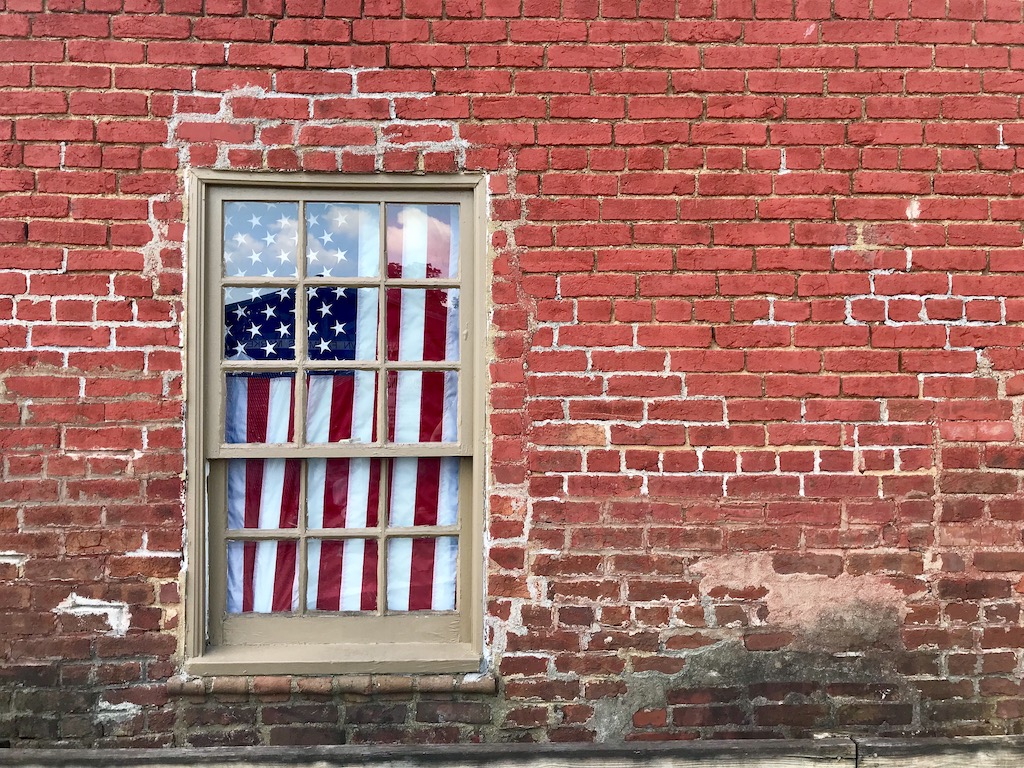At Values & Capitalism’s event on poverty a few weeks ago, a member of the audience asked: “Why do we have to accept capitalism as being a better approach to solving poverty than government?” Without wanting to be dismissive of the question, here’s why:
First, free enterprise is the most effective and sustainable solution to material poverty—a point that has been proven both logically and empirically. Enterprise creates new wealth, new jobs, and new opportunities that are self-sustaining—something government could never achieve. Empirically, the spread of free enterprise over the last two centuries has caused poverty to plummet.
But what do we do about those who fall through the cracks of a capitalistic system? Should government step in to give these people a fair shot? A convincing argument can be made for this type of intervention—an argument that I don’t entirely disagree with. But will government intervention really lift people out from the cracks and onto even ground?
Perhaps Scripture provides guidance. Probably the most well-known lesson in the Bible about how to care for the down and out is the Parable of the Good Samaritan. When you look closely at the story, it bears an uncanny resemblance to our society today.
[pq]Opening our pocketbooks is a start, but we really battle poverty when we open our hearts.[/pq]
The victim in this story is in dire straits. He has been robbed and beaten. Even worse, he is abandoned by those in his own social group (a group which is estranged from other demographics, including the Samaritans). The society described here is tattered and falling apart. Civil society is less than vibrant, to say the least. As Charles Murray details in “Coming Apart,” we are experiencing a similar phenomenon today. American culture is not as cohesive as it once was. In many ways, mainstream, middle-to-upper-class America is distanced from lower-class America. Our neighborhoods are typically syphoned off based on income and social class. Culture tends to follow suit.
And if our circumstances are similar to the parable, shouldn’t our actions be as well? The Samaritan stops, presumably speaks to the man, and stays with him for hours to ensure his well-being. He gets intimately involved in the mess of the man’s life. This is a high and intimidating calling, but what should we expect? Welcome to the Christian life, where our home is in the mess. We are called to faithfully bring order, redemption, light, and beauty to the messiest places.
There’s something too clean, easy, and obligation free—not to mention ineffective—about government redistribution. In our wealthy society, we should certainly have a safety net to protect the vulnerable, but we can’t let people live in the social, mental, and spiritual state of poverty, minus the material deprivation. Each aspect of poverty must be addressed. Opening our pocketbooks is a start, but we really battle poverty when we open our hearts.
If Brian Fikkert and Steve Corbett are right that poverty is primarily about broken relationships, government redistribution simply won’t cut it. Let’s advocate for and, more importantly, practice solutions that can actually fix poverty. Creating a free enterprise society with a smart, limited government and a robust civil society is our best chance to live up to our high calling of sacrificially caring for the least of these.



